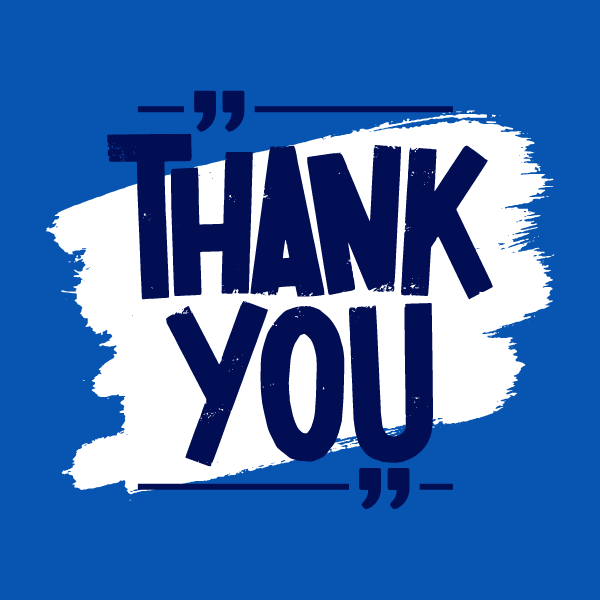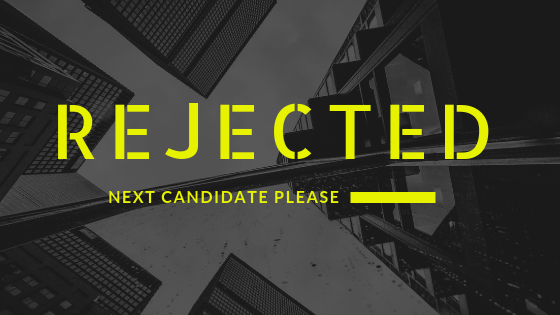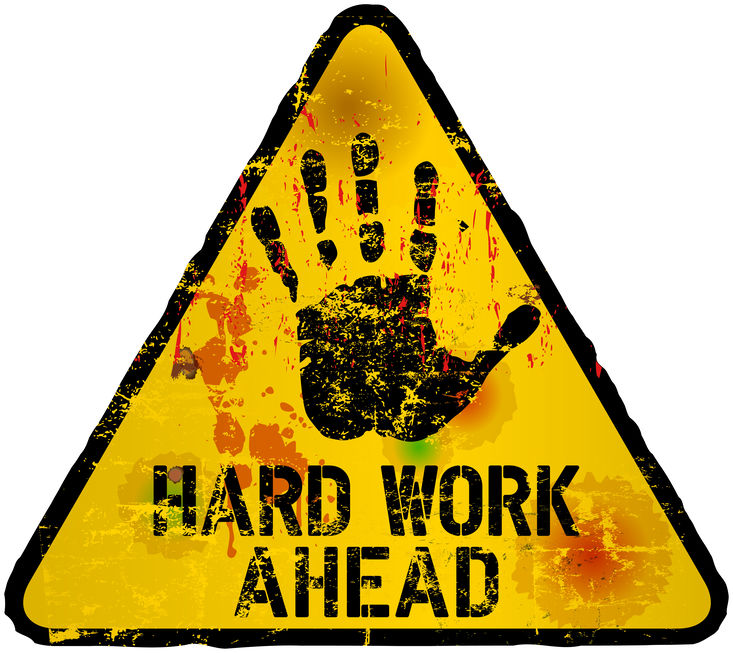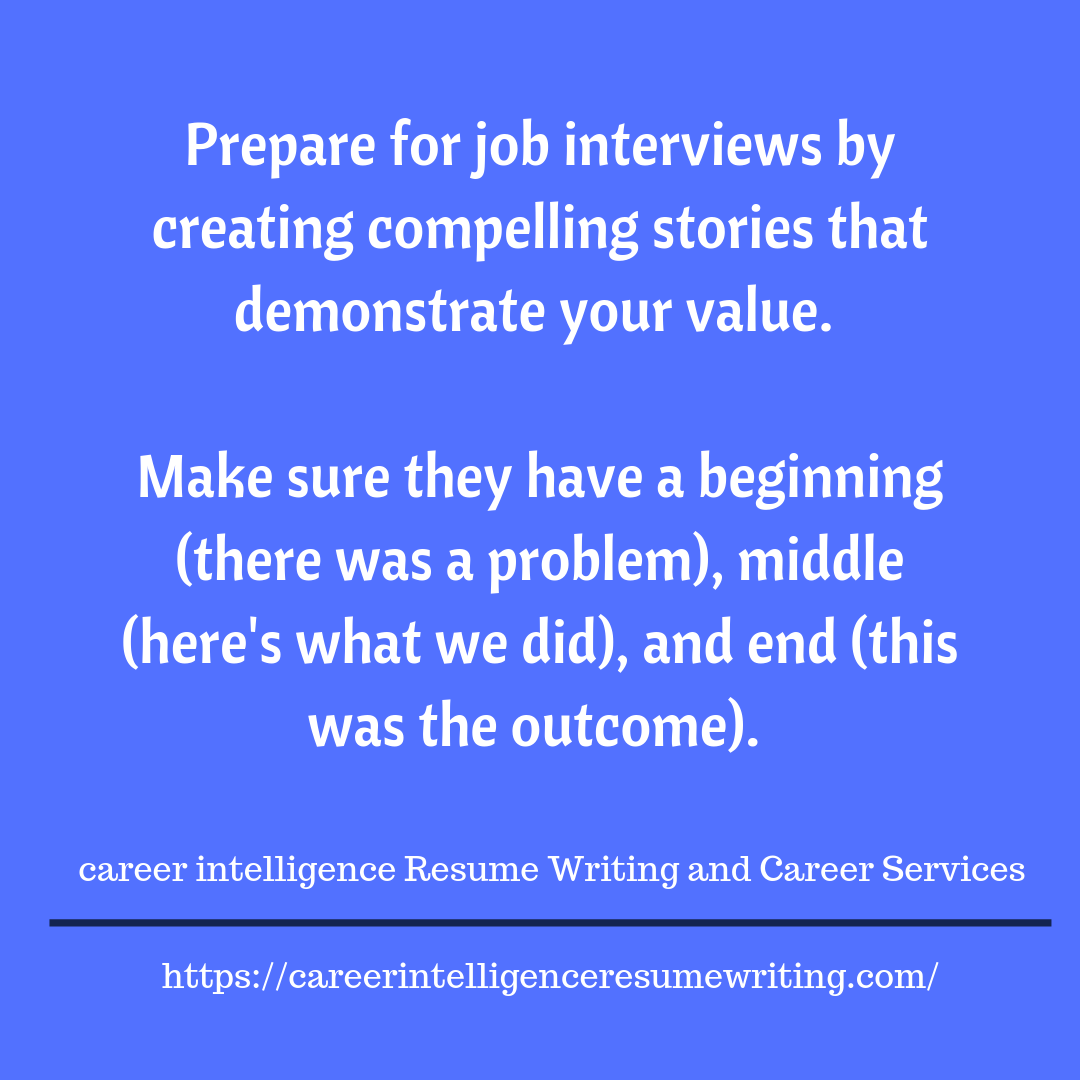Thank You Notes? Here’s Why You Need To Send Them
Cover letters are like thank you notes . . .
For every recruiter or hiring manager who says they don’t read them, there’s another who says they do.
And occasionally, I’ve heard that a candidate’s thank you note was the reason they got the job.
Just as with cover letters, the key is to make a compelling argument for them to hire YOU.
Boring thank you notes that read “thank you for taking the time to meet with me… Blah blah blah“ are a waste of time.
Can You Answer This Key Question?
Some people go into interviews and wing it. Others prepare ahead of time. Usually this includes researching the company and planning responses for commonly asked interview questions.
Questions like “what is your management style?” and “where do you see yourself in 5 years?”
But, there’s one key question they often don’t prepare to answer.
“Why do you want to work here?”
When I was recruiting, I always asked candidates if they knew anything about the company. The smart ones would tell me a few things they learned while researching the company. Things they liked, that made them want to work there.
The unprepared would say “no” and leave it at that.
Want To Know What A Company Is Really Like?
Every job seeker knows they need to sell themselves to the employer. That said, remember that interviews are not only about the employer; they are about whether or not you want to work for them.
Preparing questions to ask the interviewer is as important as preparing responses to typical interview questions.
Start with a few questions about the job. A good place to start is asking about things that were discussed during the interview, maybe things that you would like clarified or explained.
Here are a few questions to learn what you’ll be stepping into if hired.
=> What are the biggest challenges of the job?
=> What are the expectations for my first 30,60,90days?
=> What are the biggest obstacles I’ll face in the first 30,60,90 days?
Beyond learning about the job, an interview is a good time to learn about your future boss and the culture.
Read more
How To Make A Connection During Job Interviews
A strong results-driven resume can help you get your foot in the proverbial door. But after that, you’re on your own.
Even the most compelling, well-designed resume is not a “silver bullet.”
There are a lot of ingredients to a successful job interview. Know your resume cold. Prepare to answer the most common interview questions.
The secret sauce, however, is making a connection with the job interviewer. To do that you’ll need to build rapport, communicate effectively, and end the interview on a high note.
#1 BUILD RAPPORT
Finding common ground and showing interest will help you quickly connect with the job interviewer.
Look for things you have in common like:
- Sports participation or favorite teams
- Interest in the arts or entertainment
- Attended the same college or university
- Share a volunteer cause
- Support or member of same organization
How To Avoid The Biggest Virtual Interview Mistake
The biggest mistake you can make with a virtual interview is not taking it seriously. In the past, phone interviews were used primarily for screening. A recruiter or human resources associate called potential candidates to get basic information: are they still looking, do they meet the essential qualifications, do their salary requirements fall in the employer’s range, etc.
They also screened for basic communication skills. Can this person carry on a conversation?
If the candidate passes the initial screening they were invited in for an interview.
Virtual interviews, even for local candidates, was becoming more common when I was a recruiter almost 10 years ago. When COVID hit virtual interviews became the only option.
And it looks like virtual interviews are here to stay.
Interviews 2022
Today, candidates will likely have have several virtual interviews before being invited for an in-person discussion.
- A screening interview – with a recruiter or HR associate
- A longer interview with senior HR personnel
- A phone or Skype interview with the hiring manager’s assistant or someone else on the team
- A phone or Skype interview with the hiring manager
While these steps are a generalization, the point is that you should expect to have 2 to 3 video or phone interviews before meeting anyone in person.
Want A New Job? You Need To Do The Work.
Over the years, I’ve talked to hundreds, maybe thousands, of people who are looking for a new job. They want growth opportunities or more money. Some of them hate their boss. The common thread is that they all want a change.
As with most things some are more successful than others. The successful ones are the ones who do the work. They don’t spend all day every day in front of the computer browsing job boards. (While that gives you a feeling of accomplishment, it’s not very effective.)
Successful job seekers develop a multipronged job search plan and work it every day.
Here is a basic job search plan that you can adapt to your needs. It’s broken down into job search preparation (PREP) and continuing activities (ONGOING). If you’re actively looking, as in you really want to find a job, follow A activities. If you’re passively looking, you’re open but not in any hurry, P is for you.
#1 TARGET EMPLOYERS
PREP – Create a list of 10 or so Target Employers, these are the companies where you would love to work for whatever reason. Set up Google alerts for each of them so you’ll know when they are in the news.
ONGOING
Monitor the career pages on their company sites. A = 2-3X a week. P = 1X a week.
Contact friends, family, colleagues, etc. to see who they might know who works for one of your target employers (or any employer who’s ad piques your interest). FYI, your alumni association may be able to help with this too. A = 2-3X hours a week. P= 1 hour a week.
How To Look For A Job During The Coronavirus Outbreak
Concerns about the Coronavirus are growing daily. It dominates the news and kitchen-table conversations. Here in Connecticut, events are being postponed or cancelled, some because of a State of Connecticut mandate.
If you’re looking for a new job or want to be prepared in case you need to, you’ll need to adjust your job search strategies.
Several months ago, I created a basic job search plan. I’ve adapted it here to be used during our current public health emergency.
The plan includes job search preparation (PREP) and continuing activities (ONGOING). If you’re actively looking, as in you really want to find a job, follow A activities. If you’re passively looking, you’re open but not in any hurry, P is for you.
Boost Your Interview Results By Demonstrating Your Value
Most of the resumes I see focus on what people do on a daily basis. The results is a boring list of duties and responsibilities that’s unlikely to inspire anyone to call them. .
Employers want to know what you can do for them. The best way to show your value is to focus on what you’ve done for your current and previous employer. They want to know about the positive impact you’ve made
The same is true for interviews. Employers don’t want to hear about your duties and responsibilities, what you do every day. They want to hear about your achievements.
Maybe you didn’t directly generate revenue, but maybe you saved the account by providing extra service. Perhaps you redesigned a process so it takes 2 days a month instead of 5 freeing staff to take on other duties. Maybe you leveraged your business relationships to build a promising pipeline.
How To Create Stories That Sell You To Employers
Most of the resumes I see focus on what people do on a daily basis. The result is a boring list of duties and responsibilities that’s unlikely to inspire anyone to call them. Employers want to know what you can do for them.
The best way to show your value is to focus on what you’ve done for your current and previous employers. The impact you’ve made. The same is true for interviews. Employers don’t want to hear about what you do every day. They want to hear about your achievements in terms of the impact you’ve made.
Prepare for your interviews with stories that illustrate your value. Like all stories, there should be a beginning, a middle, and an end.
4 Ways To Get Called Back After A Job Interview
You know achievement-based resumes get much better results than boring lists of responsibilities and job duties. However, a strong resume can only help get you in the door. Then it’s up to you.
During the interview, it’s up to you to sell yourself to the employer. You need to convince the interviewer to invite you back for the next round. And eventually to hire you.
If you want to make it to the next round of interviews, it’s essential to be prepared, stay in the moment, and treat everyone with respect. Here are 4 things to remember.










